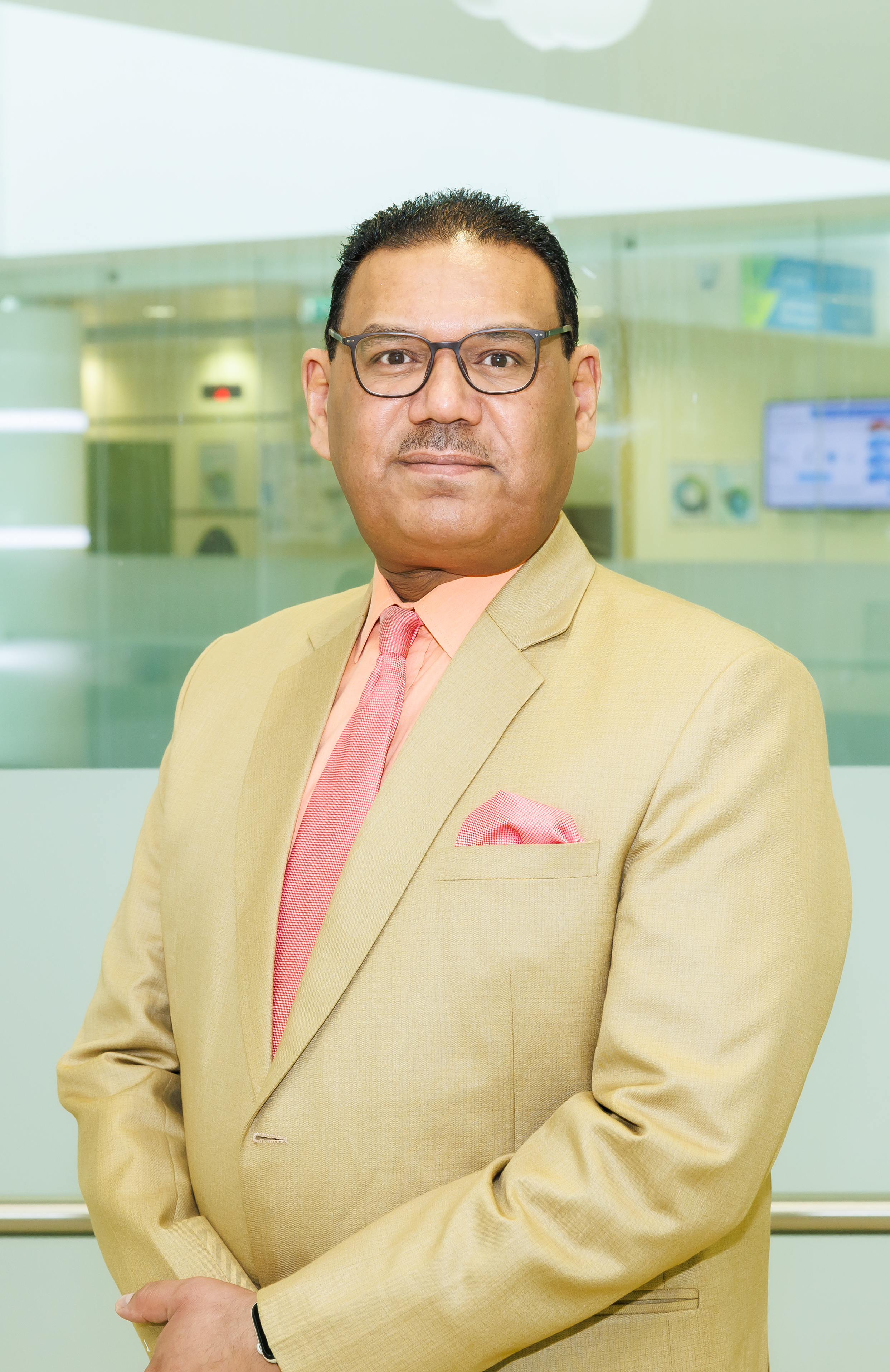PHCC Provides Health Guidelines for Pilgrims

As the Hajj season draws near, the Primary Health Care Corporation (PHCC) offers recommendations and guidelines to all pilgrims for a safe and healthy pilgrimage, free from any type of diseases, particularly infectious diseases that tend to spread during Hajj and Umrah due to the mass crowding of pilgrims in one place and time. The diversity of nationalities and the prevalence of these diseases in certain countries contribute significantly to their spread. Weather conditions, such as the high temperatures currently being experienced, also play a significant role in the spread of these diseases.
Dr. Khaled Al Awad, Director of Health Protection Department, emphasizes that taking the vaccinations at least 10 days or more before travelling (according to the below table) is necessary to protect pilgrims against some infectious diseases. While some of these vaccinations are mandatory, others are optional, and pilgrims should consult a doctor before getting vaccinated.
| Remarks | Timing | Target Group | Vaccinations |
|---|---|---|---|
| Should be received 10 days at least prior to departure to KSA. | At least 10 days prior to travelling | All pilgrims aged 5 years and above. | COVID-19 |
| Mandatory vaccine. Gives three -years immunity. | At least 10 days prior to travelling | All pilgrims and children over 6 months of age. | Meningococcal Meningitis |
| Recommended | At least 10 days prior to travelling | All pilgrims, particularly those at increased risk of sever influenza diseases, including pregnant women, children under 5 years, the elderly, and individuals with underlying health conditions such as HIV/AIDS, asthma, chronic heart or lung diseases. (In case of being vaccinated with annual flu vaccine, another shot can be taken again if more than 6 months have passed since the last one). | Seasonal Influenza |
| Mandatory vaccine for travelers coming from polio-endemic countries (not for Qatar). Another shot is administered when arriving to KSA. | 6 weeks prior to travelling | • All age groups coming from polio-endemic countries. • Not mandatory for Qatar. | Polio |
| Mandatory vaccine for travelers coming from yellow fever-endemic countries (not for Qatar). Should be received at least 10 days prior to arriving to KSA. Gives up to ten-years immunity. | At least 10 days prior to travelling | • All pilgrims coming from endemic countries such as African semi-desert regions and some South American countries. • Not mandatory for Qatar | Yellow Fever |
In addition, Dr. Khaled Al Awad stresses on the importance of adhering to guidelines pertaining to head shaving, hair cutting and food poisoning prevention in order to avoid any health complications that pilgrims may encounter while performing the Hajj rituals. Guidelines for hair shaving and cutting include:
- Staying away completely from street and sidewalk barbers.
- Using razors with handles only, which are used for one time.
- Avoiding sharing tools with others.
- Reminding the barber to wash his hands thoroughly.
On the other hand, it’s crucial to follow certain recommendations to avoid food poisoning, such as:
- Washing fruits and vegetables thoroughly.
- Checking the food expiration dates.
- Refraining from eating uncovered foods.
- Washing hands before and after preparing food.
- Washing hands before and after meals.
- Avoiding the consumption of tap water.
- Consuming freshly cooked foods immediately.
- Avoiding storing cooked food in buses for long hours.
For pilgrims with chronic diseases, Dr. Khaled emphasizes that they should adhere to the following health guidelines:
- Ensuring adequate supply and safe storing of medications.
- Wearing a wristband or identification card that contains the name, age, disease, treatment type, accommodation and contact numbers.
- Informing fellow pilgrims about their illness and medications so they can aid when required.
Seeking medical attention at the nearest medical center when necessary.